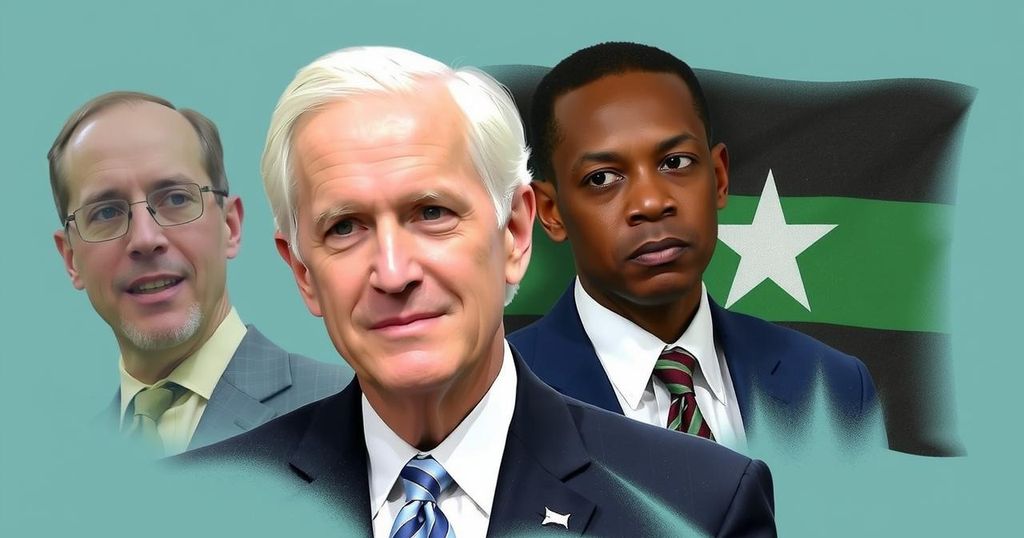The Biden administration is presented with a critical opportunity to influence South Sudan’s future through strategic network-based sanctions targeting President Salva Kiir and his corrupt regime. The nation’s prolonged cycles of violence and the failure of past peace agreements highlight the urgent need for a shift in international strategy towards accountability and dismantlement of kleptocratic structures. Effective sanctions could pave the way for sustainable governance and peace.
The Biden administration, with key figures like Secretary of State Antony Blinken and National Security Advisor Jake Sullivan who once played pivotal roles in the establishment of South Sudan, faces an urgent opportunity to impact the country’s troubled future. Since gaining independence in 2011, South Sudan has been ensnared in a cycle of violence and corruption, particularly under President Salva Kiir’s regime. The latest crisis manifested as postponed elections and rising subnational violence, underscoring the need for effective action.
To dismantle the entrenched kleptocracy, the U.S. and allied nations should apply network-based sanctions targeting Kiir and his associates rather than adhering to a flawed electoral process. The original 2018 peace agreement has proven largely ineffective, as Kiir continues to delay elections and underpin a regime rooted in corruption, which drains the nation’s resources while suppressing dissent. The systemic corruption, characterized by human rights abuses and oppression of civil society, further complicates the pursuit of democracy and good governance in South Sudan.
The international community’s misguided reliance on holding elections, despite the regime’s defiance, reveals an urgent need for a strategic shift. The establishment of network sanctions that hold Kiir and his key allies accountable for their actions must replace the current, ineffective sanctions approach that targets low-level officials. Targeting the regime’s broader structure will challenge the corrupt systems in place and pave the way for a more accountable government that genuinely represents the interests of South Sudan’s citizens.
This new direction not only demands immediate sanctions but also a commitment from organizations such as the Financial Action Task Force (FATF) and the European Union to intensify pressure against South Sudan’s kleptocratic networks. The experience of past targeted financial measures demonstrates that the regime can indeed respond to combined international pressure. South Sudan’s populace remains hopeful for a democratic framework and accountability from its leaders. As such, the Biden administration has the opportunity in its final weeks to take a decisive step towards changing the status quo and supporting a sustainable peace in South Sudan.
South Sudan, which gained independence from Sudan in 2011, has faced numerous challenges, including prolonged civil war, rampant corruption, and systemic violence. President Salva Kiir’s regime has utilized its power to maintain control through corruption and suppression of dissent, particularly in the wake of failed peace agreements designed to restore democracy and governance. The international community, particularly the Troika of the U.S., U.K., and Norway, aimed to oversee the transition to peace through planned elections, but the continued postponement and failure to uphold key measures reveals a trend towards authoritarianism and state capture that undermines the original goals of autonomy and self-governance for its citizens.
In conclusion, the Biden administration must leverage its final weeks to implement strategic network sanctions targeting the South Sudanese leadership, focusing on President Salva Kiir and his broader regime. By adopting a more assertive approach that emphasizes accountability and challenges systemic corruption, it can open pathways towards genuine governance and representation for the people of South Sudan. The history of missed opportunities and failed assurances demands swift action to dismantle the kleptocracy and restore hope for a democratic future.
Original Source: www.justsecurity.org






